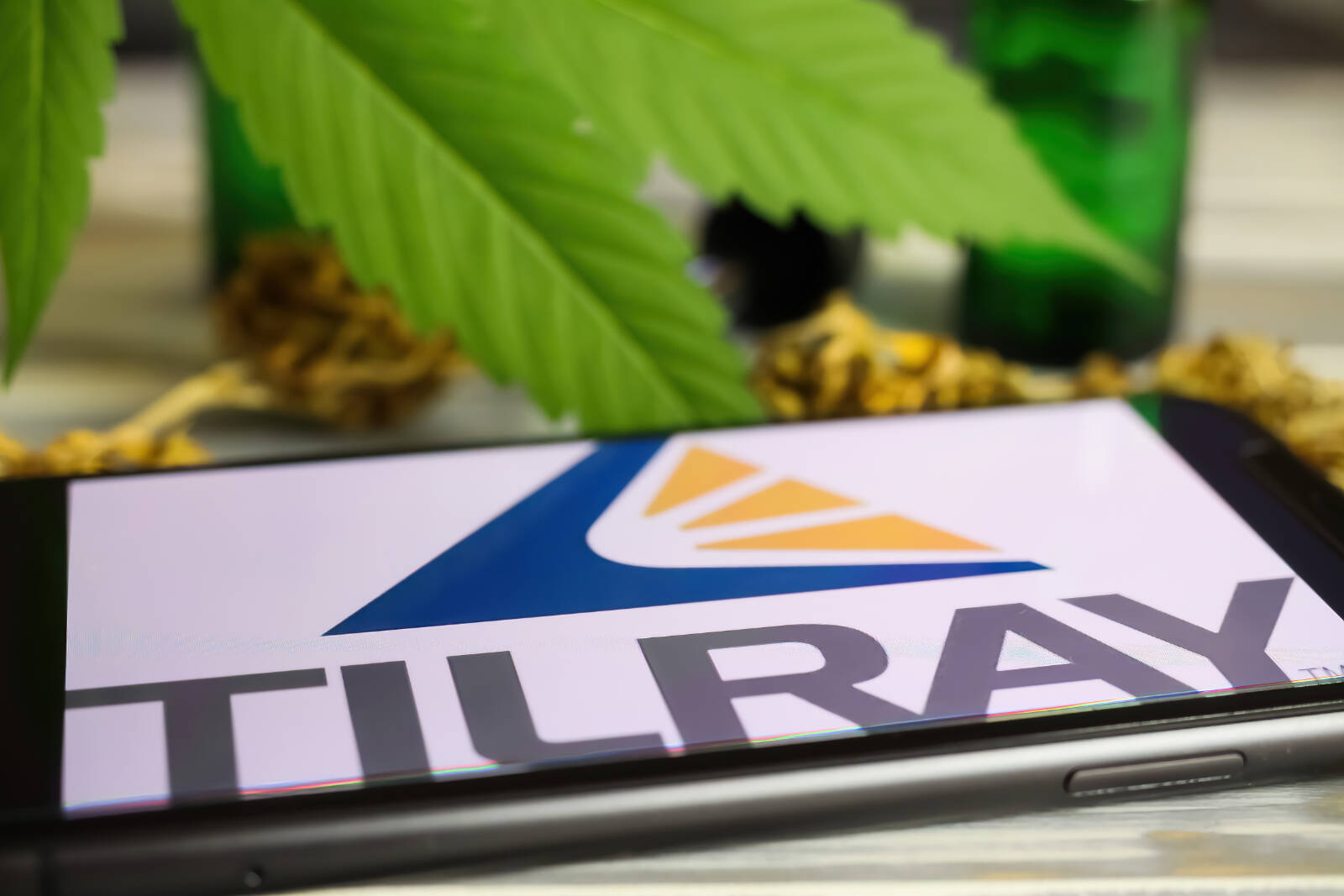Tilray Brands Inc. reported a second-quarter net loss of US$61.6 million in its most recent quarter as it temporarily slowed cannabis production because of the “longer-than-anticipated march toward legalization” in some markets.
Among the markets whose timing is hampering the Leamington, Ont. pot company is the U.S., where its chief executive said, “we do not expect (legalization) to happen at any time in the near future.”
“In the U.S., participation in the adult-use cannabis market has always been very important to us and integral to our long-term strategy,” Irwin Simon told analysts on a Monday call.
“However, as long as cannabis remains federally illegal in the U.S. we will not engage directly in business that touch the cannabis plant to fully optimize the value and strength of our U.S. business.”
READ MORE: New U.S. research institute will study the effects of cannabis and how best to manage it
Cannabis is legal for medical purposes in about 39 states and for recreational use in 19, including D.C. However, federal law still considers it a Schedule I controlled substance with high risk of abuse and no accepted medical use, placing it in a group with harder drugs like heroin, LSD and peyote.
But last year U.S. President Joe Biden revealed he will pardon people convicted under federal law of possessing cannabis and review the status of pot as a Schedule 1 substance.
The U.S. has also seen discussion around the Safe Banking Act, a Democratic bill with some Republican support that would allow financial institutions to work with cannabis companies without retribution, and the Marijauana Opportunity Reinvestment and Expungement (MORE) Act, which would pave the way for federal legalization.
“I’m frustrated that legalization, whether it’s Safe Bank, whether it’s MORE Act, whether it’s descheduling, nothing has happened within cannabis,” Simon said.
READ MORE: NY opens its first legal recreational marijuana dispensary
Yet even talk of such moves has spurred excitement at cannabis companies like Tilray, Canopy Growth Corp. and Aurora Cannabis Inc. They have long been purchasing stakes in U.S. brands in anticipation that the U.S. would loosen its cannabis regulations and legalize pot on a federal basis.
Germany is also on these companies’ radar.
Olaf Scholz, the country’s chancellor, said in October that Germany would become one of the first places in Europe to achieve legalization and his health minister has since presented outlines of potential regulation.
Simon feels Russia’s 2022 invasion of Ukraine has held up Germany’s plans as the battle between the two countries triggered energy troubles and further fueled inflation.
“I’m sure if Ukraine didn’t happen, Germany might be legal today, but we’re ready and will be ready,” he said.
READ MORE: Germany unveils cannabis liberalization plan, with caveats
Simon’s remarks came as he announced Tilray’s US$61.6 million second quarter net loss, which compared with net income of nearly US$5.8 million in the same quarter a year earlier.
The cannabis company, which keeps its books in U.S. dollars, said the loss amounted to 11 cents per diluted share for the three months ended Nov. 30 compared with net income of zero cents per diluted share a year earlier.
Net revenue for the quarter totalled US$144.1 million, down from nearly US$155.2 million in the same quarter last year.
The results came as Tilray’s cannabis business reported US$49.9 million in revenue, down from US$58.8 million in the same quarter last year, while its distribution business saw revenue of US$60.2 million compared with US$68.9 million a year ago.
To offset the competitive nature of Canada’s recreational cannabis market, which has seen a race for lower prices and an oversaturation of stores in some regions like Toronto, the company has also focused on beverages.
READ MORE: Cannabis company Tilray to buy New York brewer Montauk Brewing Company
Tilray has a roster of alcohol and beverage brands, which include Montauk Brewing Company, SweetWater Brewing Company, Alpine, Green Flash and Breckenridge Distillery.
“All the major alcohol companies have an eye on cannabis, no different than the tobacco companies,” Simon said. “So with that, if I today can’t do anything in the U.S. and have to sit there, why not get bigger into some of these craft brewers like a SweetWater, like a Montauk, like a Breckenridge?”
Tilray’s beverage alcohol business had US$21.4 million in revenue, up from US$13.7 million last year, and its wellness business revenue totalled nearly US$12.7 million, down from US$13.8 million a year ago.
On an adjusted basis, Tilray said it had a net loss of US$35.3 million or six cents per diluted share in its latest quarter compared with an adjusted net loss of US$38.8 million or eight cents per diluted share a year earlier.
The results pushed Tilray’s stock to close the day down by eight per cent or 32 cents at $3.64.
– Tara Deschamps, The Canadian Press
***
Find the latest must-read stories from the cannabis world at canadianevergreen.com, your go-to source for news, trends, products and lifestyle inspiration from the cannabis community and beyond. You can also follow us on Facebook and Instagram and Twitter.

